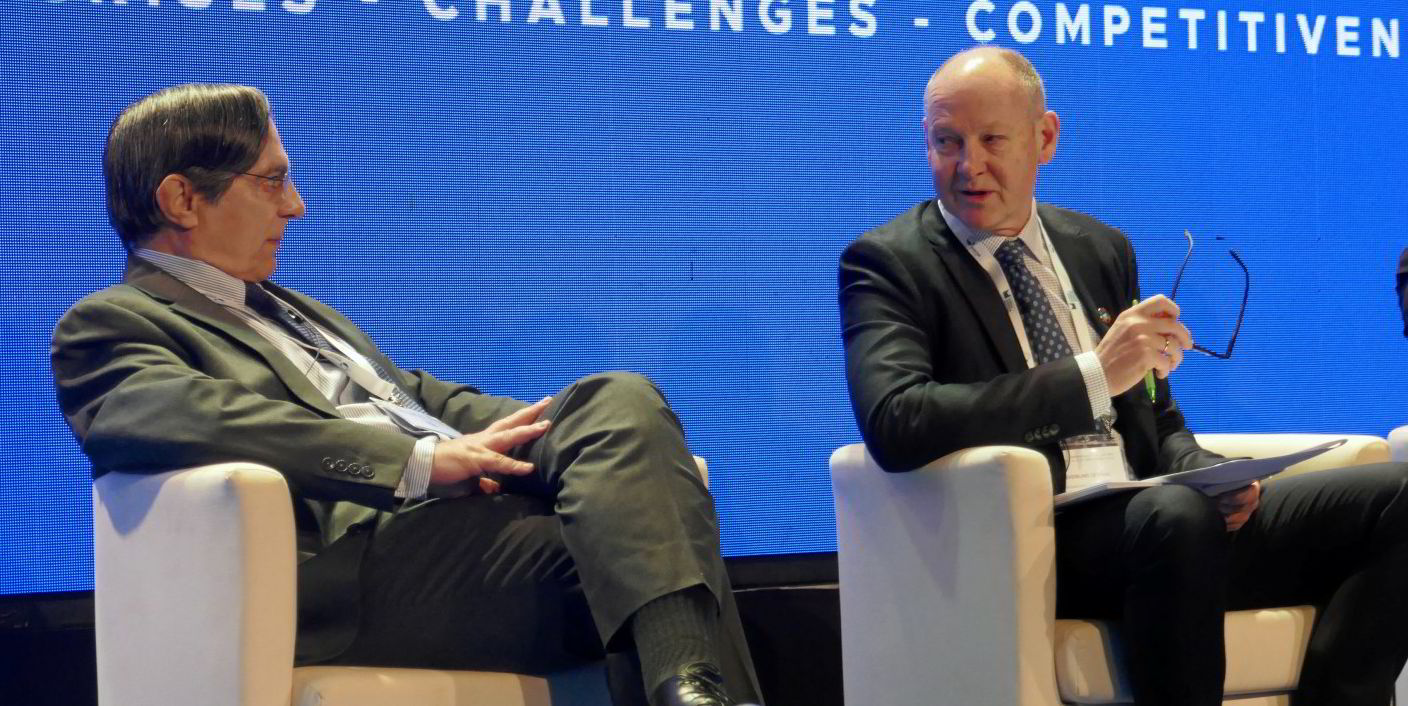As the International Maritime Organization finalised talks on committing to net zero by 2050, one regulator came in for particular praise from delegates.
The groundwork for the agreement at the regulator’s Marine Environment Protection Committee (MEPC) in July this year was actually laid at a working group meeting the week before.
Sveinung Oftedal chaired the intersessional working group meeting on reducing greenhouse gas emissions that overcame deep political divisions as diplomats burned the midnight oil to come up with a draft agreement.

Oftedal’s career is steeped in environmental issues. The chief negotiator on green shipping at the Norwegian Ministry of Climate & Environment began his career as a project manager at the Norwegian Society for the Conservation of Nature in 1990.
He has worked in various roles within the IMO, supporting its environmental initiatives in subjects ranging from ballast water treatment to ship recycling.
Given this experience, he was identified as the key man to progress the IMO’s environmental agenda. “It became a natural choice to put me in the role as chair when this work started in 2017,” he tells TW+.
As chair of the greenhouse gas working group, Oftedal’s goal has been to deliver solutions rather than problems to the diplomatic debates on decarbonisation.
“It is the working group on greenhouse gases which is in reality doing the negotiations on the greenhouse gas strategy, the measures and the related topics such as assessment of impacts on states,” he says.
“My philosophy has always been that we need to do our utmost to deliver a product to the MEPC and not report as unresolved a problem on the tasks we are given.”
And his work is not done. The next step is to come up with the technical measures and financial incentives that will help shipping companies reach net zero.
“The strategy identifies a tight timeline to finalise the midterm measures, and several member states are now developing their proposals. But most delegations also understand that we need to make good compromises in order get solutions,” he says. “Building trust among the member states is the key to success.”




